Hey Future, it’s been a rough little while due to the ongoing COVID-19 pandemic sweeping the country. It’ll probably only end up being a historical footnote, as the Spanish Flu in time also became a footnote to the First World War, but in the moment it is still quite unpleasant to deal with. So I took some of the time during the multi-month government-mandated lock-down to work on something I had always meant to: modding my favorite video game, Medieval II: Total War.
Why this game in particular? It was released in 2006, and I’ve probably sunk more time into it than any other computer game, as it was the only one I had for quite some time. In it, the player runs one of a dozen medieval kingdoms, manages tax policy and trade, raises armies, and annexes other cities to get ahead and wallop the other kingdoms. There are many other features that set it apart from other 4X games, namely being able to command armies on the field of battle.
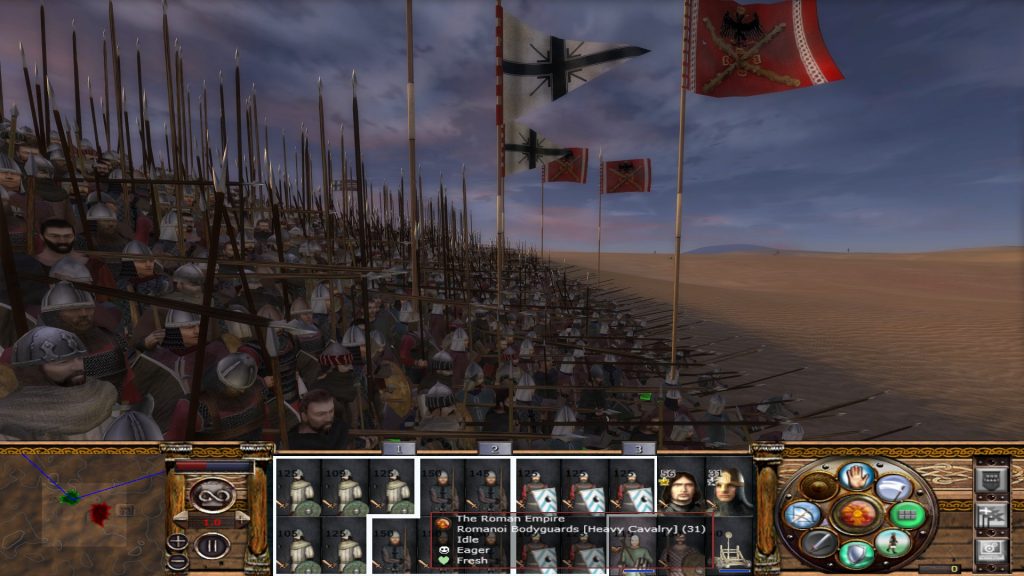
Of course, it takes many historical liberties in this regard — kingdoms were very static in this era precisely because top-down leadership and conscription were absent in this era, and local lords, barons, princes, bishops and prince-bishops didn’t feel like giving away their inherited rights to the king. That’s how we got things like the Magna Carta, which, far from being a totem of individual rights, was mostly a reaffirming of this feudal structure.
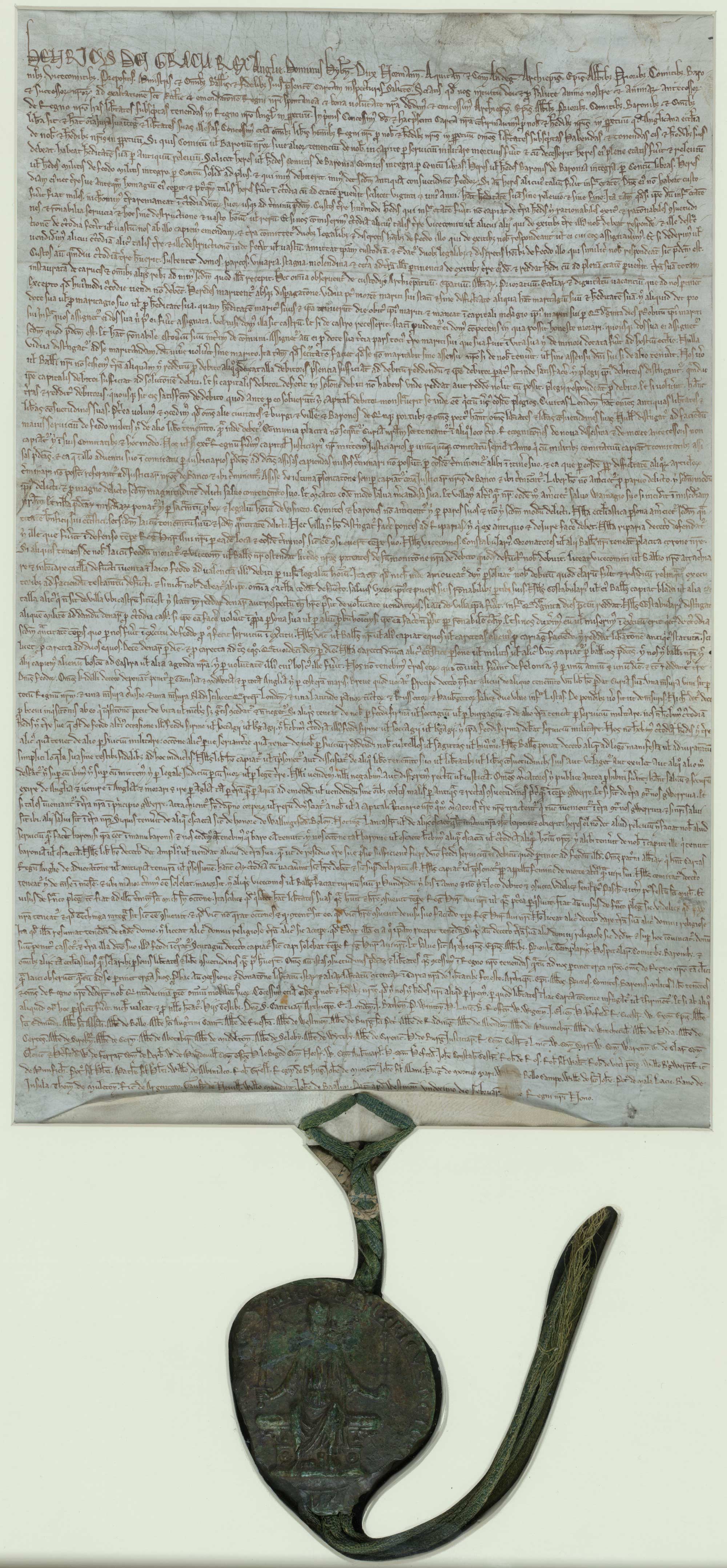
But, in one place, things were different — in The Eastern Roman Empire, often called the Byzantine Empire these days. This point is convincingly argued by author Anthony Kaldellis in The Byzantine Republic. This begins a long tangent:

Kaldellis’s main thesis is that the Eastern Roman Empire, that outlived the West’s collapse in 476 and continued until 1453, not only continued calling themselves Romans (they called themselves Rhomaion and their home Romania) but also its legal tradition, and that in many ways governments continued to depend on popular support in a manner resembling the old Roman Republic.
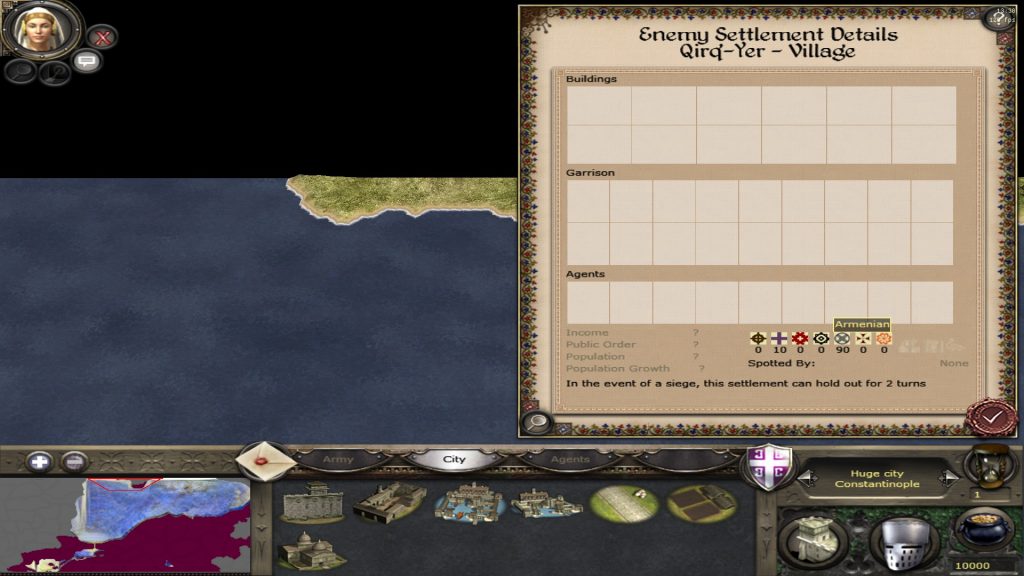
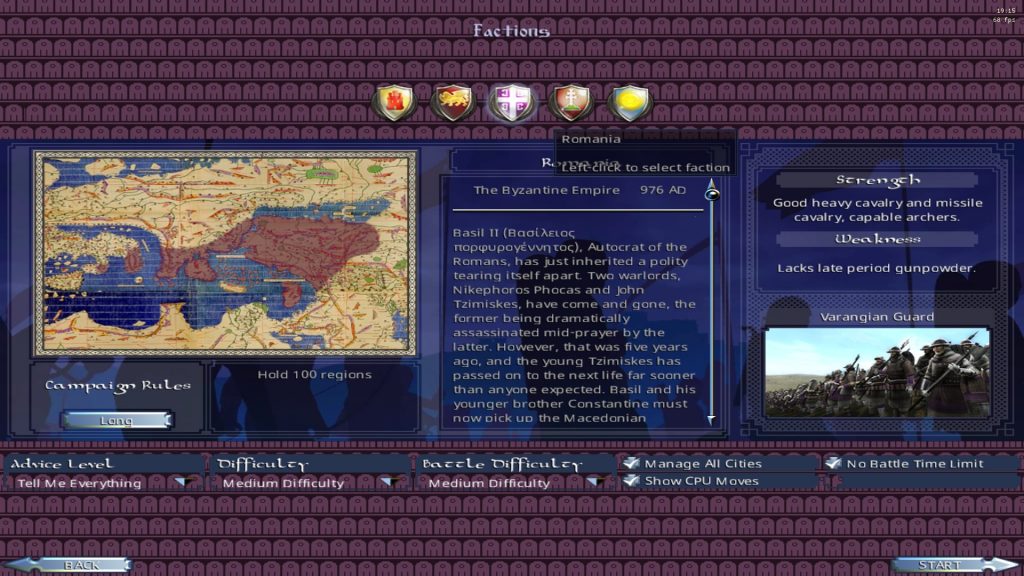
Essentially, the office of Roman Emperor (which was really a mix of titles stapled together for a while: Augustus, Imperator, Pontifex Maximus, etc) was never formally made hereditary, the way the monarchy is in England currently. While the post was often passed to younger family members, they were often made co-emperors, even if given a lesser designation (Caesar). There was no “Crown Prince” equivalent in Byzantium.
In contrast, for the English monarchy, there is an algorithm of priority that goes through the family tree determining who gets that sweet, sweet velvet bench in perfect, legally-ordained order. No skipping. The heir is known, and their heir is known, and so on.
The Byzantines never had this, meaning that successions were always tricky. If emperors did poorly, the people of Constantinople would demonstrate in the streets, asking for a reform or change in government, up to and including regime change. They were still, in this sense, their own masters. It seems alien to our age of formal constitutions, congresses and parliaments with fixed offices and separated powers, but this still barely meets the criteria of a Res Publica: a government at the behest of the people, not impressed upon them. This is the setting for this mod I’m making.
When the people were dissatisfied, the gates opened for usurper-emperors who would pledge to serve the people better, and lead their armies to try to take the capital themselves.
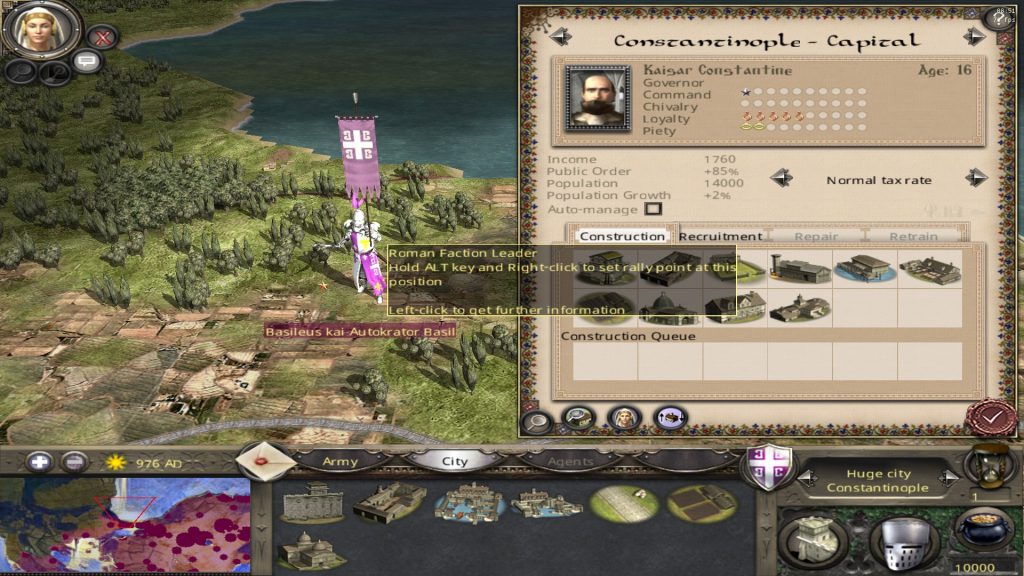
Essentially, I want to capture one of these turning points in government: the shaky transition of power, a powerful government turning against itself. AD 976 is a perfect example of that.
The previous two emperors, Nicephorous Phocas and John Tzimiskes, were themselves generals who assumed the office of emperor through force. However, they did so while still respecting the sons of the previous emperor, Basil and Constantine. Thus, not only was a precedent of recent winning usurpers set, when the latter usurper died young the teenage boys acceded to the throne through inertia of being co-emperors since birth without any experience themselves.
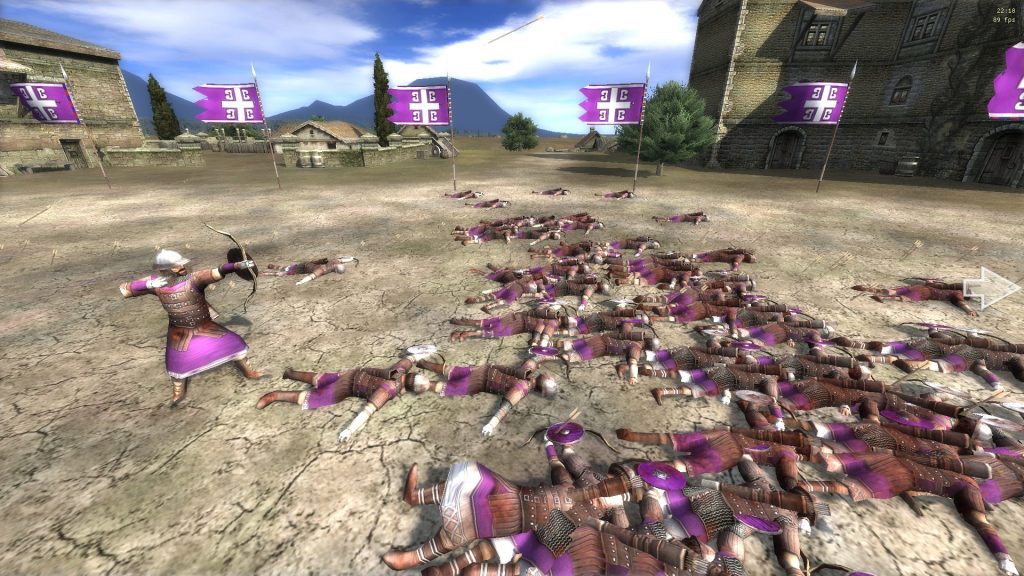
Historically, things did devolve into civil war twice during Basil’s reign, under the generals Bardas Phocas and Bardas Skleros. Since the player will change history one way or another, these characters might rebel or not, depending on the Emperor’s quality of leadership.
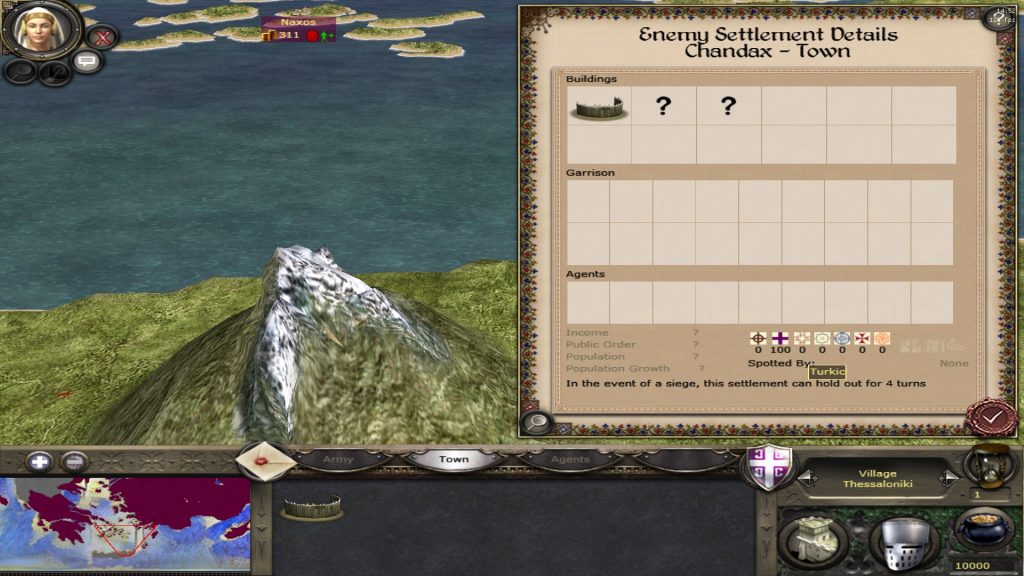
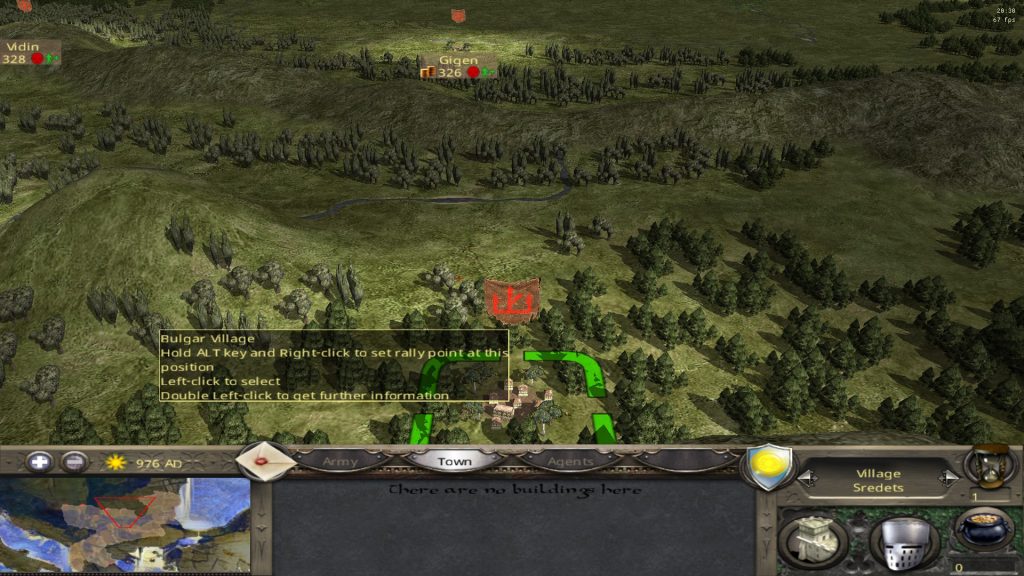
I hope to take this to a place where it does more that I intend, with scripts for civil wars, the Norman invasion of Sicily, the Turkish invasion of Anatolia, etc. Until then!
John